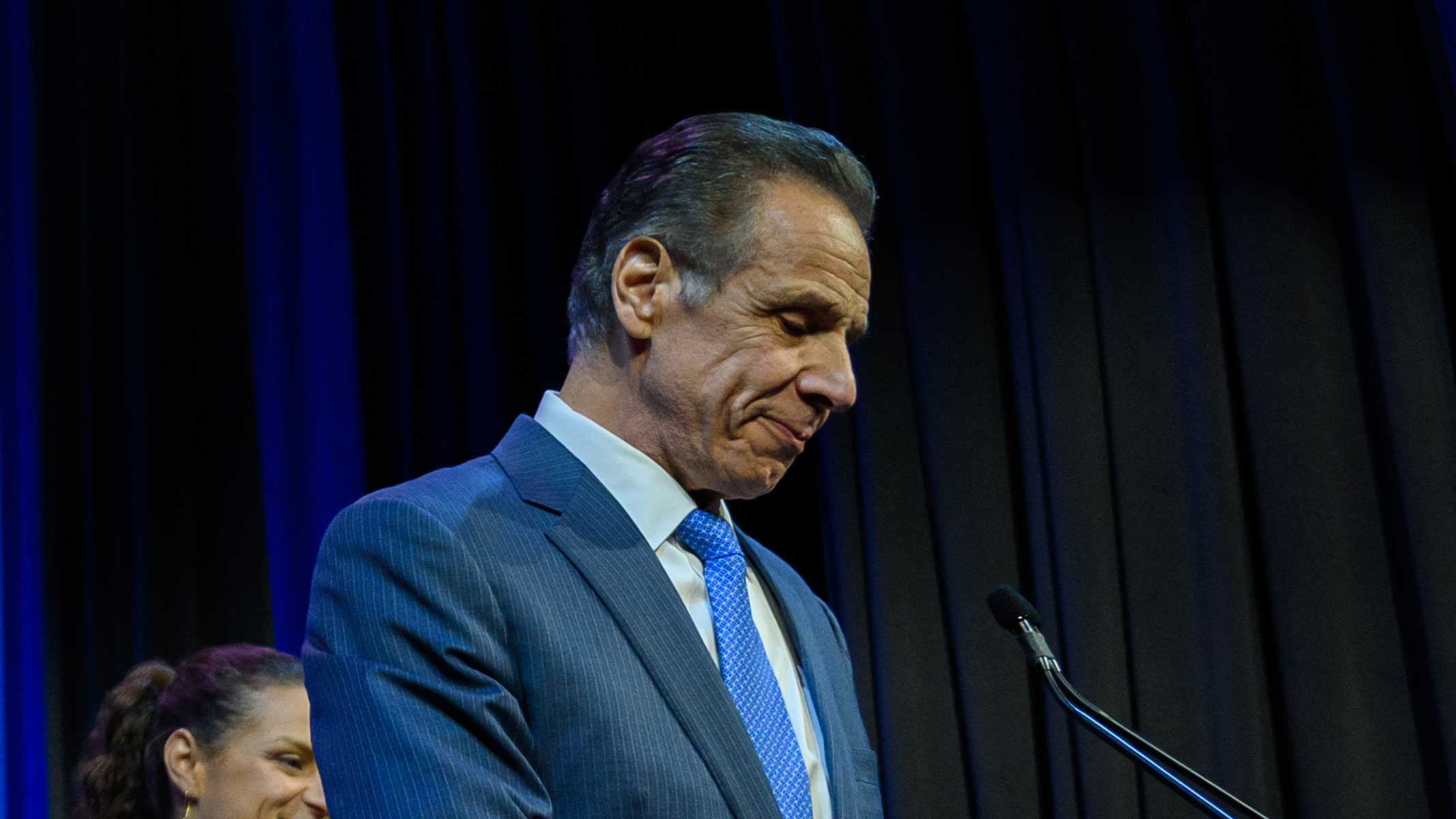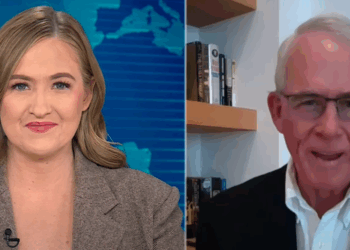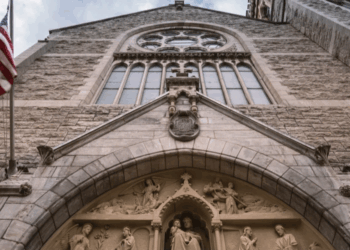
Andrew Cuomo was never going to become mayor of New York. He was hobbled by his resignation as governor due to sexual harassment allegations, his failed Covid leadership, his arrogant and abrasive manner, and his stunningly poor retail campaigning skills. On top of all these faults, Cuomo had long made his home in the suburbs of New York, not the city.
Cuomo based his entire flawed campaign on the fact that he was not Zohran Mamdani. To be sure, many New Yorkers voted for Cuomo for just that reason. But he also presented himself as a dime-store version of the socialist candidate, offering many of the same proposals with a lower price tag. His main differences from Mamdani were that he was not hostile to Jews or Israel and opposed the idea of defunding the police.
Finally, a reason to check your email.
Sign up for our free newsletter today.
Cuomo’s defeat is proof of the exhaustion of mainstream liberal Democrats, who find themselves on the defensive in New York and, increasingly, across the nation. If they want to win in cities again, those Democrats (or Republicans or independents, for that matter) need to focus on a pragmatic, nonideological urban agenda.
Early this year, I got a sense of the troubles a mainstream liberal like Cuomo would face in the upcoming election. I spoke with him before he announced his candidacy, because he wanted to pick my brain about New York political history.
In our conversation, I found him bright and thoughtful. Here was a political animal who had been involved in politics as far back as the 1970s. He was clearly in the midst of soul searching, looking to position himself politically within a rapidly transforming New York City.
Cuomo was critical of “woke” culture but still held tightly to the “progressive” mantra. He said that he wanted to run as an “anti-woke progressive.” He did not realize that this path was becoming increasingly narrow in New York.
I suggested that he instead campaign as a nonideological pragmatist, appealing to a broad swath of New Yorkers and promising “good government” politics. This would be a revised version of the old “reform” dynamic, whereby a candidate promised to govern not beholden to any political party or ideology but in the greater public interest.
Cuomo balked at running as any kind of “moderate,” instead repeatedly returning to the idea of fashioning himself as an anti-woke liberal or progressive. Maybe it was the ghost of his father, Mario, who had defined American liberalism during the era of Ronald Reagan, that held him back. Maybe he felt defensive about being an older, white male Italian American from the outer boroughs, or worried that he would be smeared as a racist.
Cuomo had already tried this progressive tap dance as governor. He was elected as a mainstream liberal Democrat eager to hold back the political Left in Albany. But when the state legislature moved leftward, Cuomo began making concessions to the left wing of the Democratic Party, hoping to fend them off.
As Governor Kathy Hochul and Senator Chuck Schumer are now finding out, there is precious little political space to operate between Working Families Party/DSA Democrats and traditional Democratic liberalism. Threading that political needle proved impossible for Cuomo as governor. His losses in the Democratic mayoral primary and general election proved that the strategy doesn’t work in the city, either.
Meantime, Zohran Mamdani aligned himself eagerly with the left-wing movement. His plans to move the city to the left will face huge challenges, many of them structural. History also suggests that young, moralistic, ideological mayors are liable to crash and burn. The inexperience of Mamdani and his inner circle in city government makes that outcome even more likely.
In the Autumn issue of City Journal, Joel Kotkin argues that left-wing mayors in Los Angeles and Chicago are damaging their cities. What those cities need, he writes, are “moderate, results-based leaders” like Daniel Lurie in San Francisco and John Whitmire in Houston.
There’s truth in that. Running a city is about making sure that basic services work well for all citizens. In the early 1990s, sociologist Nathan Glazer argued that New York had “stopped trying to do well the kinds of things a city can do and started trying to do the kinds of things a city cannot do.” Cities are not great at redistributing income or changing personal behavior, but a city can and should focus on “keeping its streets and bridges in repair, building new facilities to accommodate new needs and shifting populations, picking up garbage, and policing the public environment.”
Many rightly fear that Mamdani will take New York back to the days of ideological misadventures. If he does, then the best hope of his eventual challenger four years from now—whether Democrat, Republican, or independent—is to appeal to New Yorkers with common-sense pragmatism shorn of ideological pretensions.
Photo by Alexi J. Rosenfeld/Getty Images
City Journal is a publication of the Manhattan Institute for Policy Research (MI), a leading free-market think tank. Are you interested in supporting the magazine? As a 501(c)(3) nonprofit, donations in support of MI and City Journal are fully tax-deductible as provided by law (EIN #13-2912529).
Source link


















